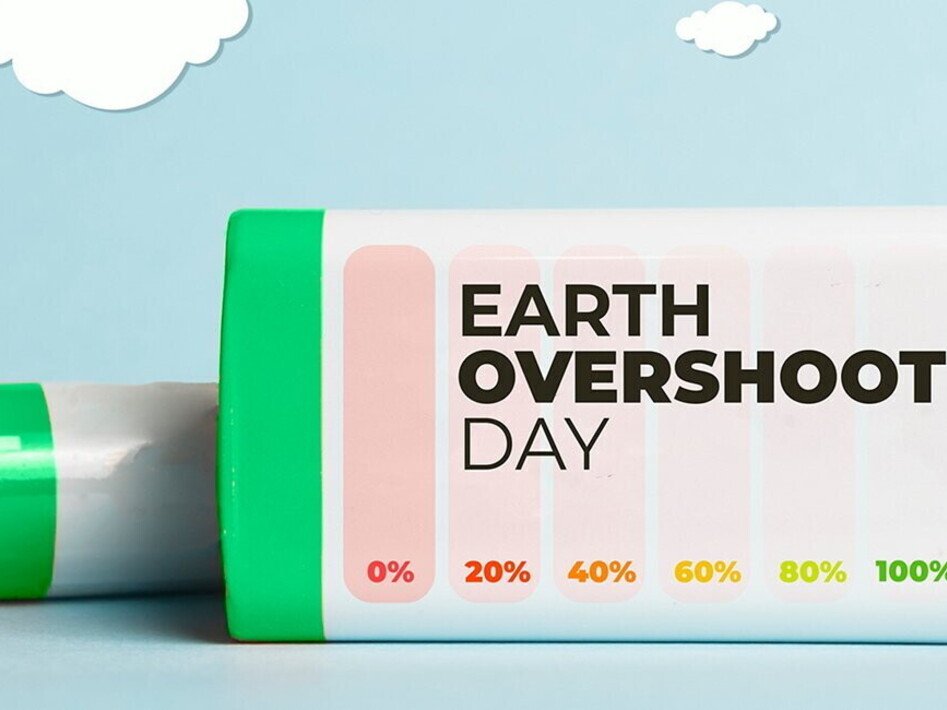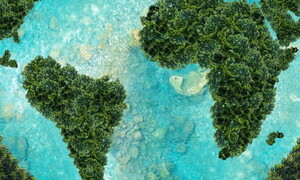Overshoot day reached
02 August 2023

Every day the Earth offers us countless resources, such as food, timber, CO2 absorption by forests and oceans, fibre, space to live. Today, 2 August, humankind has reached the day when the demand for resources and services exceeds what the Earth can renew during this year. This day is called Overshoot Day Overshoot Day, the day on which the Earth's resources begin to be overexploited, marking the moment when humankind officially enters into debt with nature. Overshoot day, therefore, indicates the day on which consumption (global or national) exceeds the Planet's capacity to produce those same resources: thus, until the end of the year, we will continue to overexploit land, forests, energy and fish reserves.
This year was slightly better than in 2022, when Overshoot Day fell on 28 July. If you look at the trend of dates, you can see that for about a decade the world seems to be on a plateau: the date always falls between the end of July and the beginning of August, and the trend seems basically flat: we consume the resources of 1.7 Earths every year.
However, there are huge disparities between countries: Italy, for example, is near the top of the list of the wasteful nations, since it reached its Overshoot Day on 15 May 2022. There are far more wasteful countries, such as Qatar (10 February), the United States (13 March), Australia (23 March), South Korea (2 April), and Russia (19 April). If we consider Central and South America, on the other hand, we find nations that manage to make do with the Earth's resources for almost the entire year: Colombia (8 November), Cuba (25 November), Ecuador (6 December), and Jamaica (20 December).
Every year, the Global Footprint Network, an international sustainability association that deals with environmental accounting, calculates Overshoot Day both globally and country by country.


